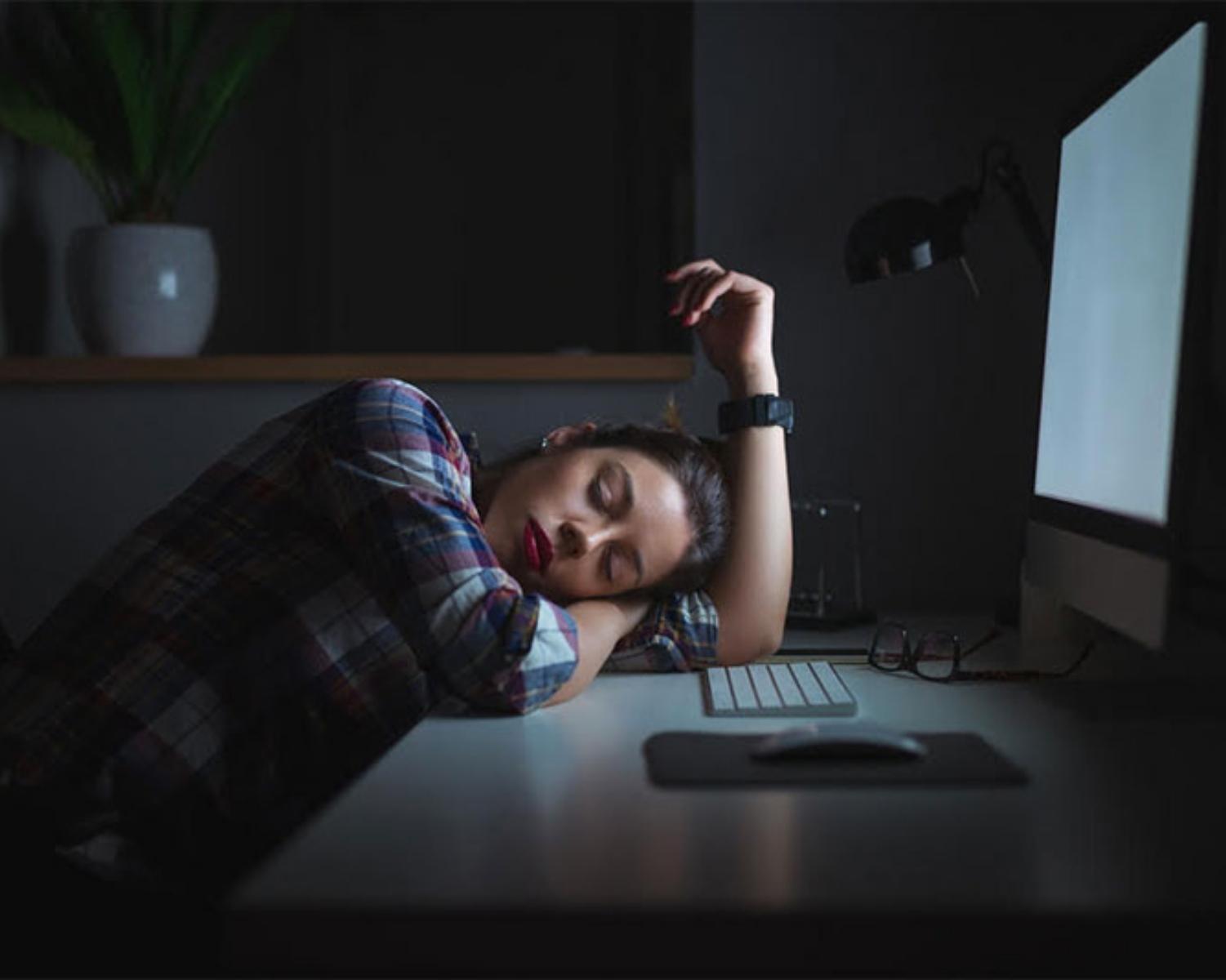Learn more about health with this collection
How to focus on the present moment
How to improve relationships through mindful communication
How to reduce stress and anxiety through mindfulness
Work schedules that fall anywhere outside the hours of 7 am to 6 pm are considered shift work. These schedules may consist of fixed hours, rotating or split shifts, or irregular work times. According to the Bureau of Labor Statistics, roughly 16% of full-time salary and wage workers in the U.S. worked non-daytime shifts in 2017 and 2018. Recently, many employees have also been forced to take on shift work in recent months due to the COVID-19 pandemic.
NATIONAL SLEEP FOUNDATION
4
4 reads
Shift work can be demanding when it comes to getting a good night’s sleep, especially for those who work night, early morning, or rotating shifts. Over time these employees may develop shift work disorder, a condition characterized by insomnia symptoms when they attempt to sleep and excessive tiredness while they are at work.
Getting a good night’s rest and feeling alert upon waking is essential for any shift worker, regardless of their specific profession. For many, adopting a consistent sleep schedule and creating a bedroom environment conducive to rest can have a huge impact.
4
4 reads
How To Set a Night Work Sleep Schedule
- Sleep consistency is key for many employees working night shift schedules. If you wake up at 5 pm for your night shift and normally go to sleep at 8 am after getting home from work, then you also should maintain this sleep-wake schedule on your days off. Obviously this can be difficult to accomplish.
- Make sure significant others, children, roommates, and anyone else sharing your roof understands the importance of your designated sleep time. They should not wake you up unless there’s a true emergency.
4
4 reads
- Light and noise exposure may be other issues for sleeping during the day. Try drawing the shades or sleeping with an eye mask if your bedroom tends to be bright during the day. Earplugs and white noise machines can be effective at blocking outside sounds. Unless you are on call, consider turning your phone off while you sleep.
- Before going to bed, consider a hot shower or bath, meditation, or another relaxing activity. Consuming alcohol before bed can lead to sleep disruptions
4
4 reads
In Conclusion
Finding the right system for you may require some trial and error. The key is getting enough sleep every 24 hours. The National Sleep Foundation recommends seven to nine hours of daily sleep for most adults between the ages of 18 and 64, and seven to eight hours of sleep for most adults 65 and older. Some adults can get by on slightly less or may need slightly more sleep, but we don’t recommend fewer than five to six hours or more than 10 to 11 hours of sleep per day.
4
4 reads
IDEAS CURATED BY
Other curated ideas on this topic:
9 ideas
How to Sleep Better
helpguide.org
1 idea
How Much Sleep Do We Really Need? | Sleep Foundation
sleepfoundation.org
5 ideas
How to Sleep
theatlantic.com
Read & Learn
20x Faster
without
deepstash
with
deepstash
with
deepstash
Personalized microlearning
—
100+ Learning Journeys
—
Access to 200,000+ ideas
—
Access to the mobile app
—
Unlimited idea saving
—
—
Unlimited history
—
—
Unlimited listening to ideas
—
—
Downloading & offline access
—
—
Supercharge your mind with one idea per day
Enter your email and spend 1 minute every day to learn something new.
I agree to receive email updates



